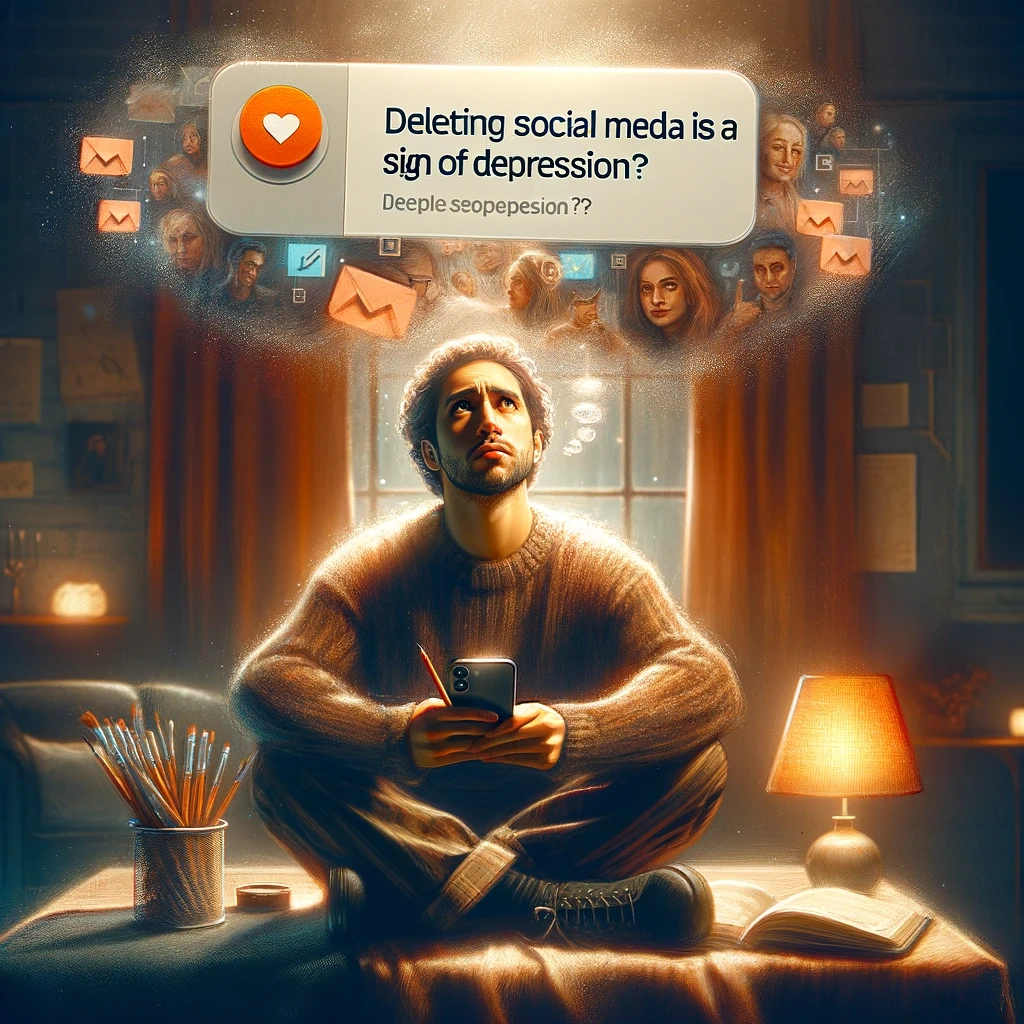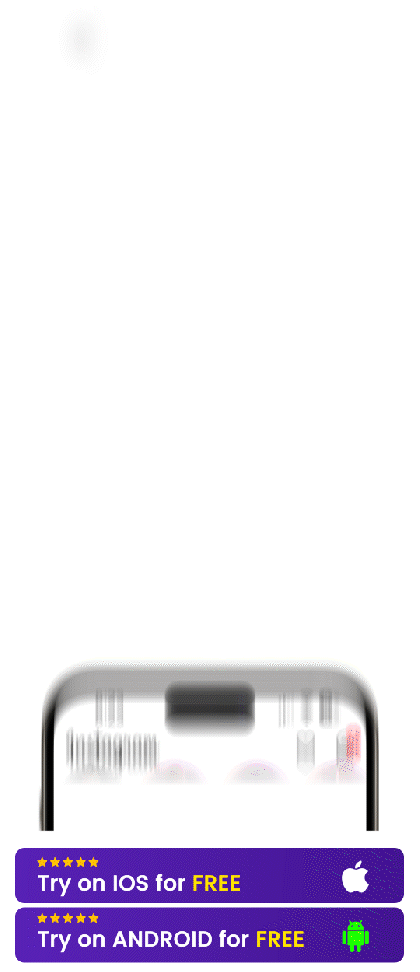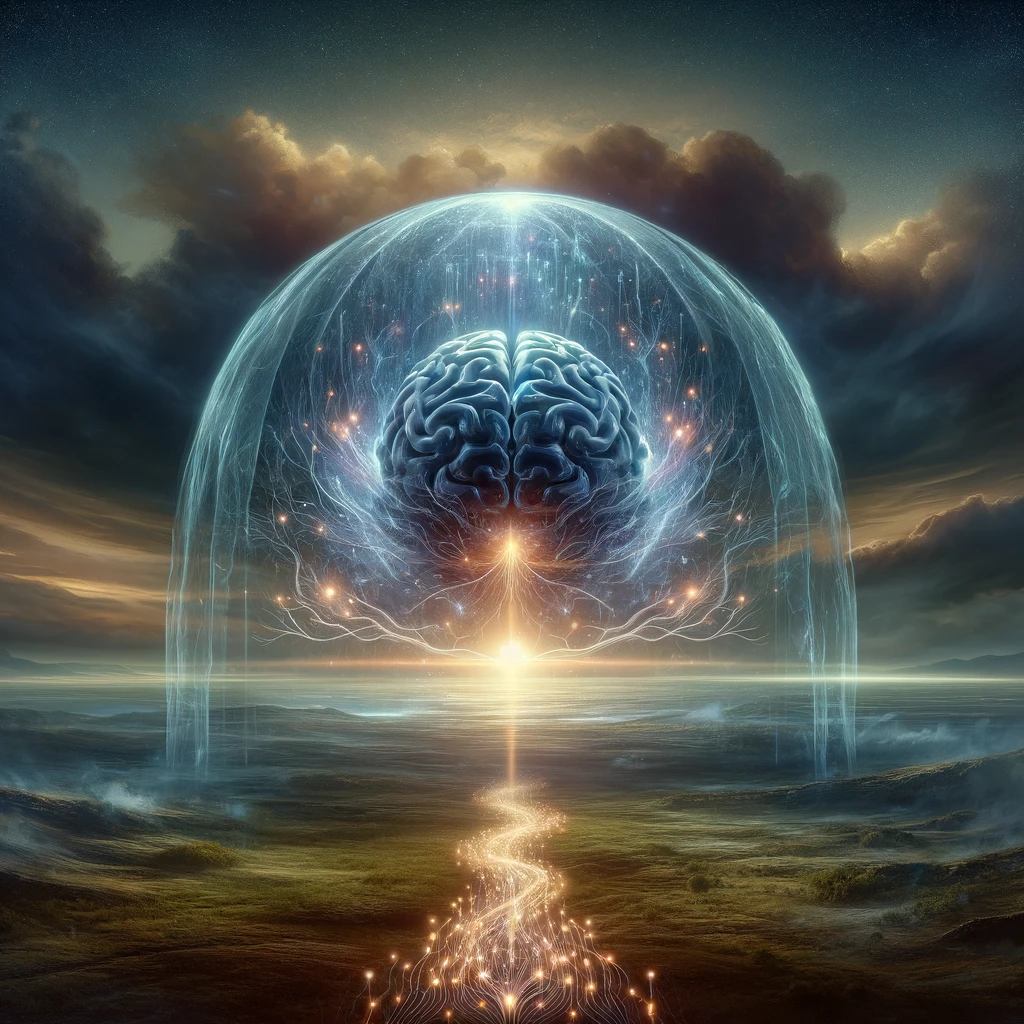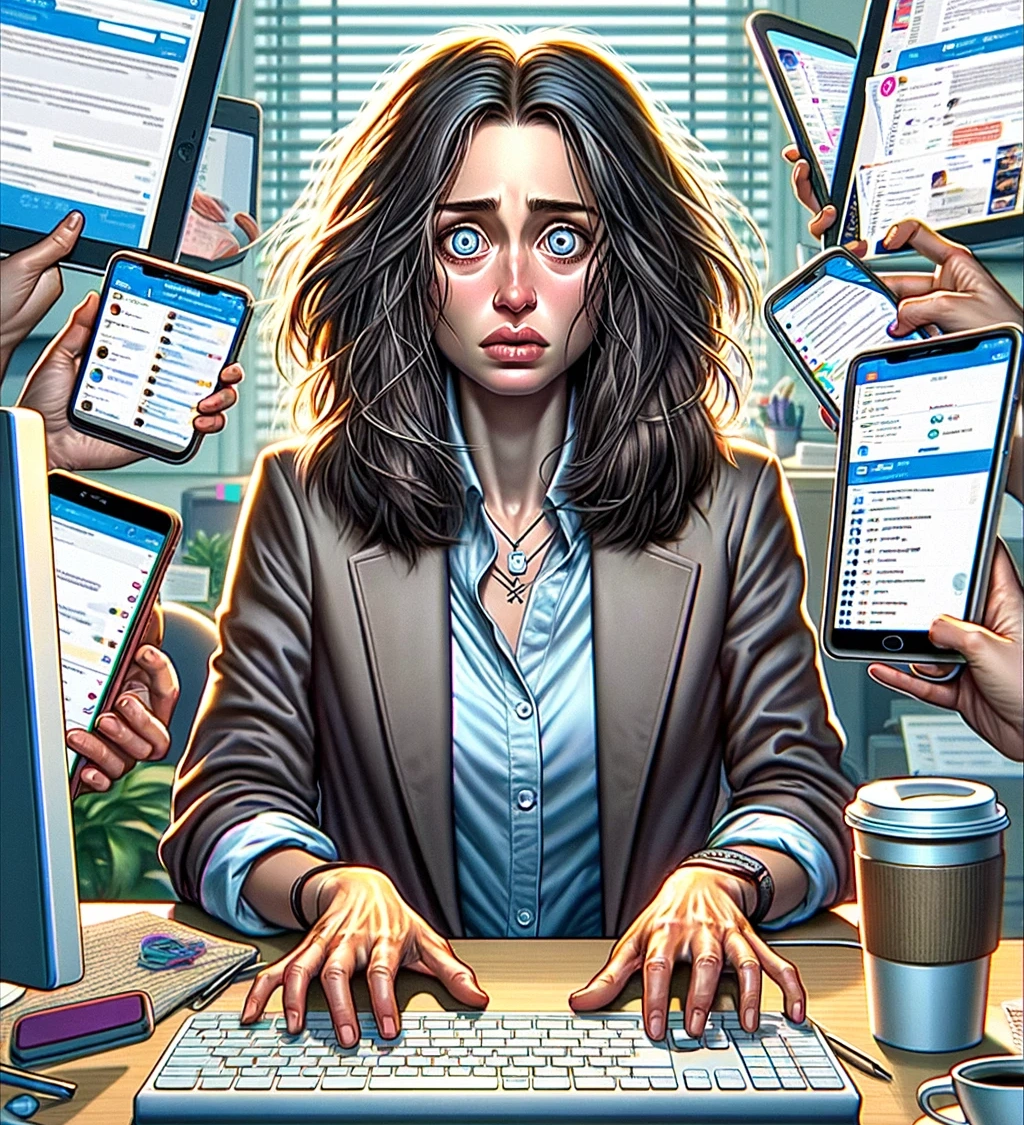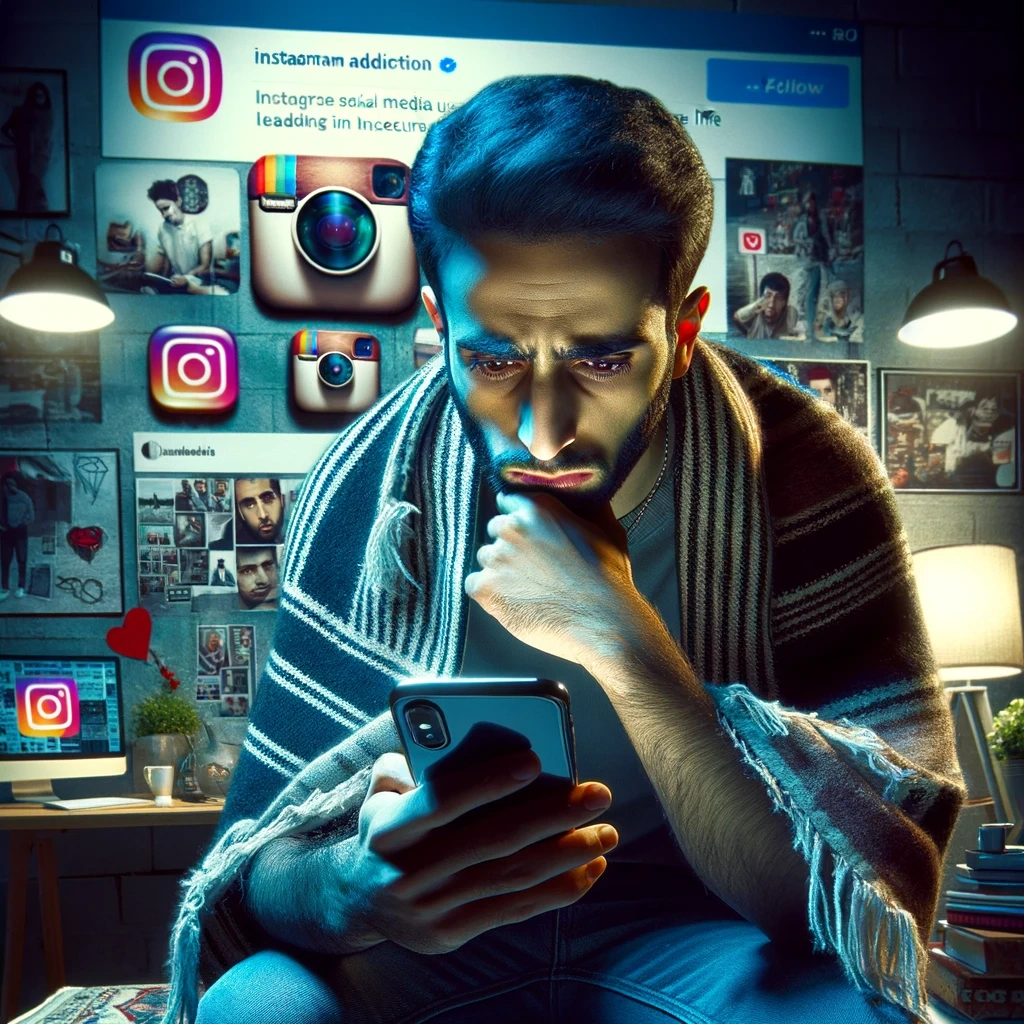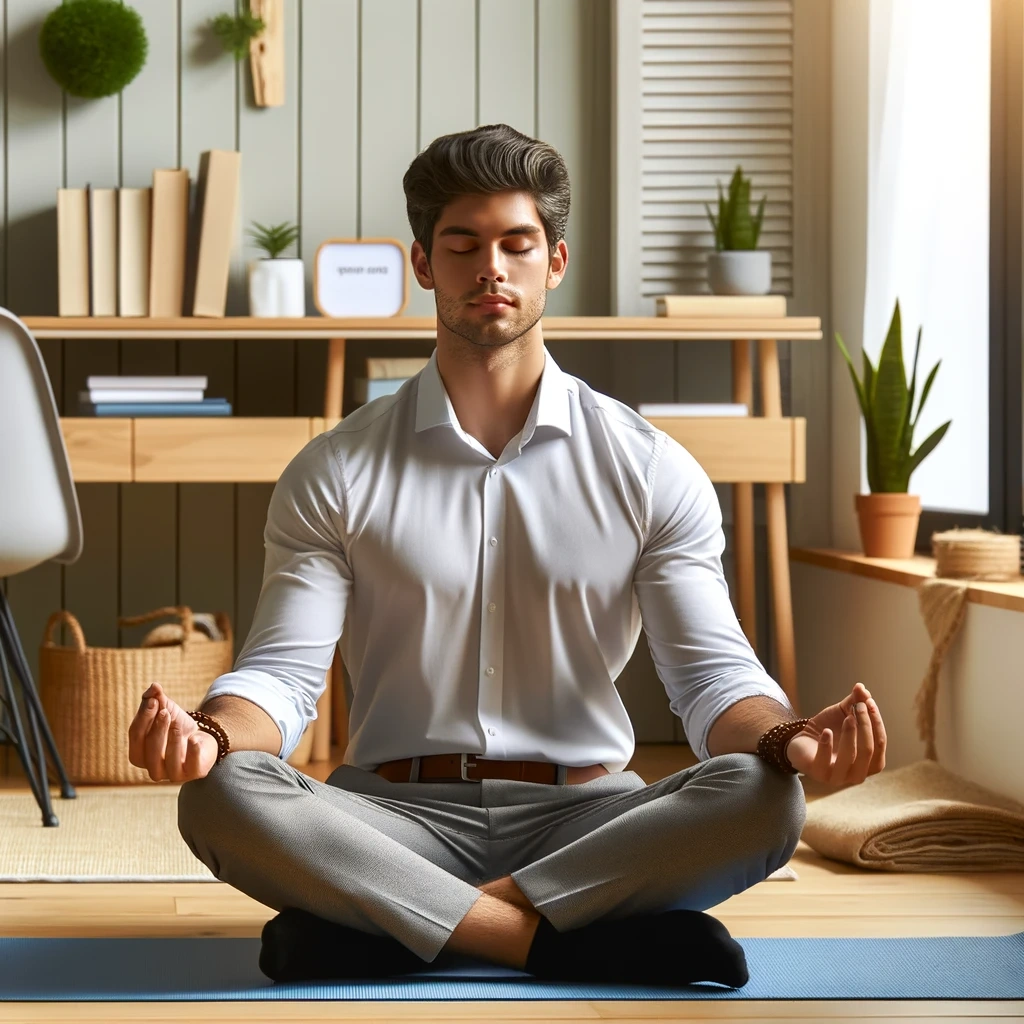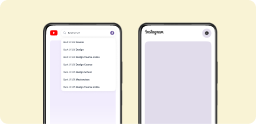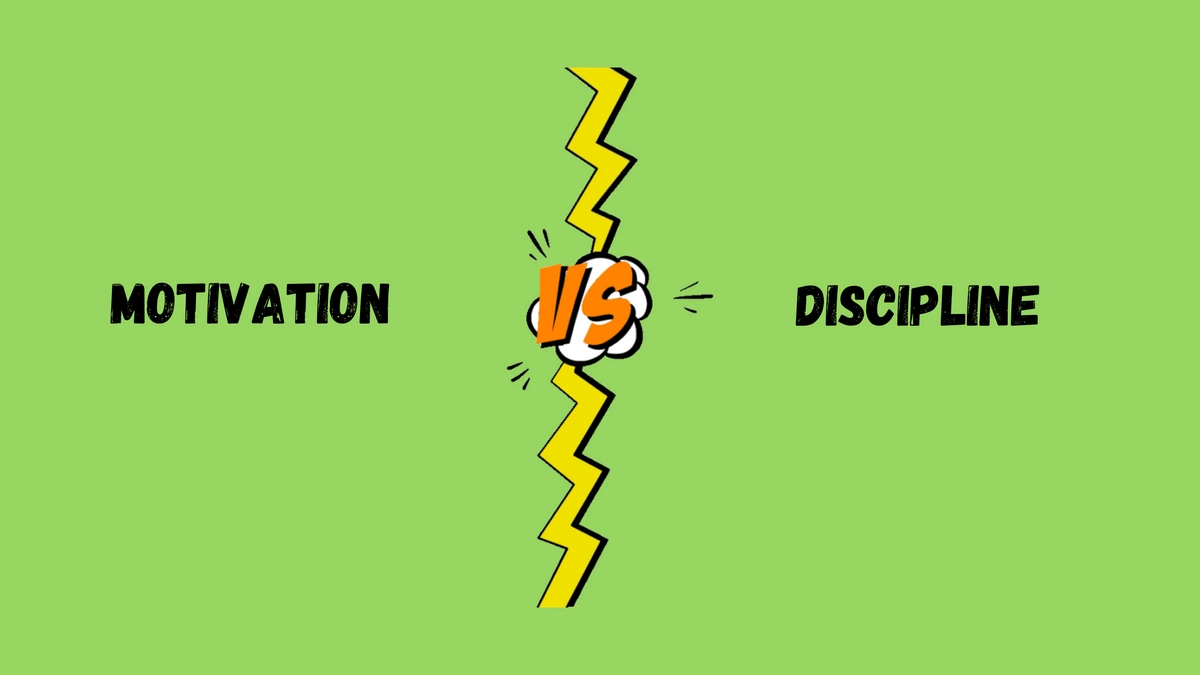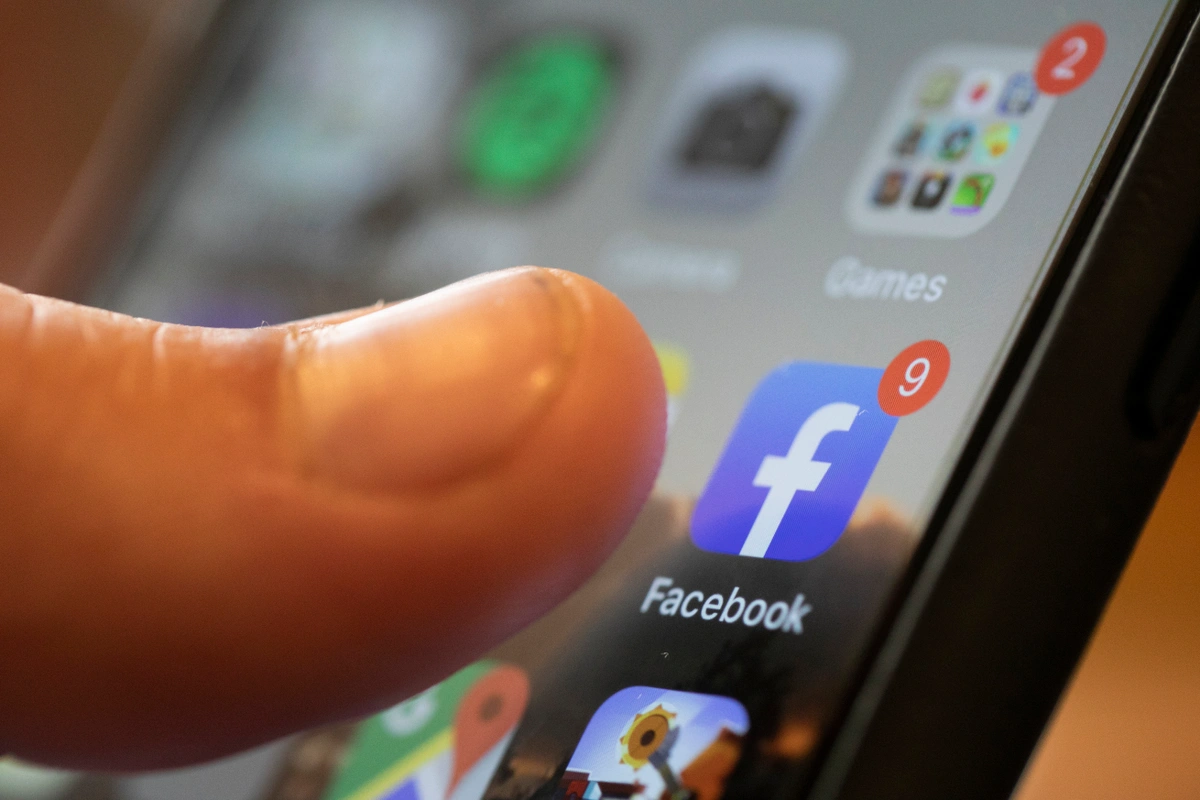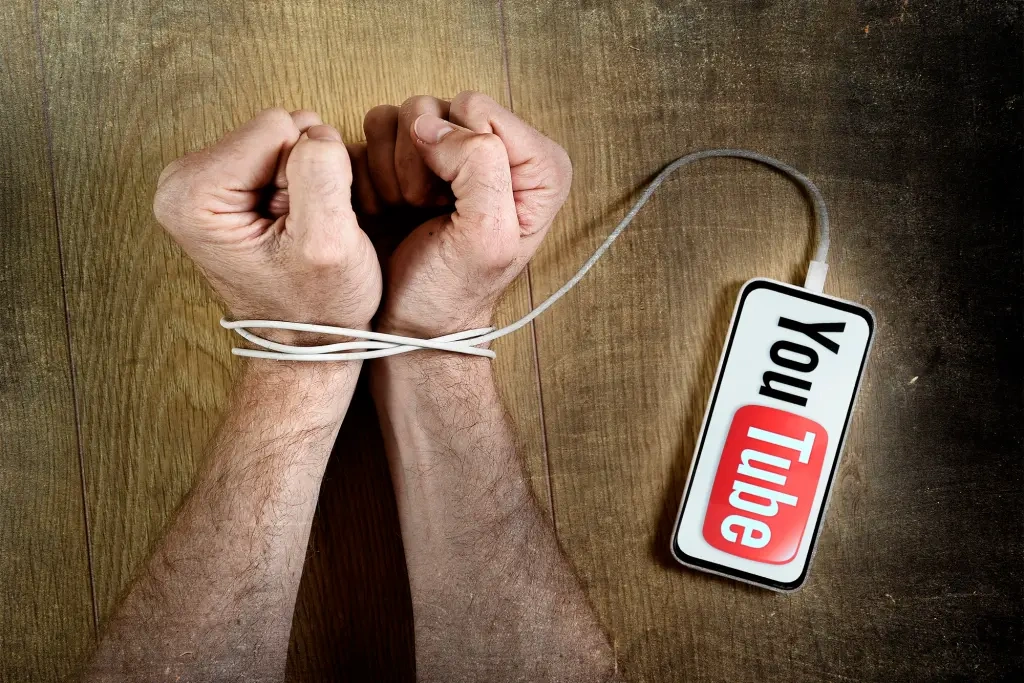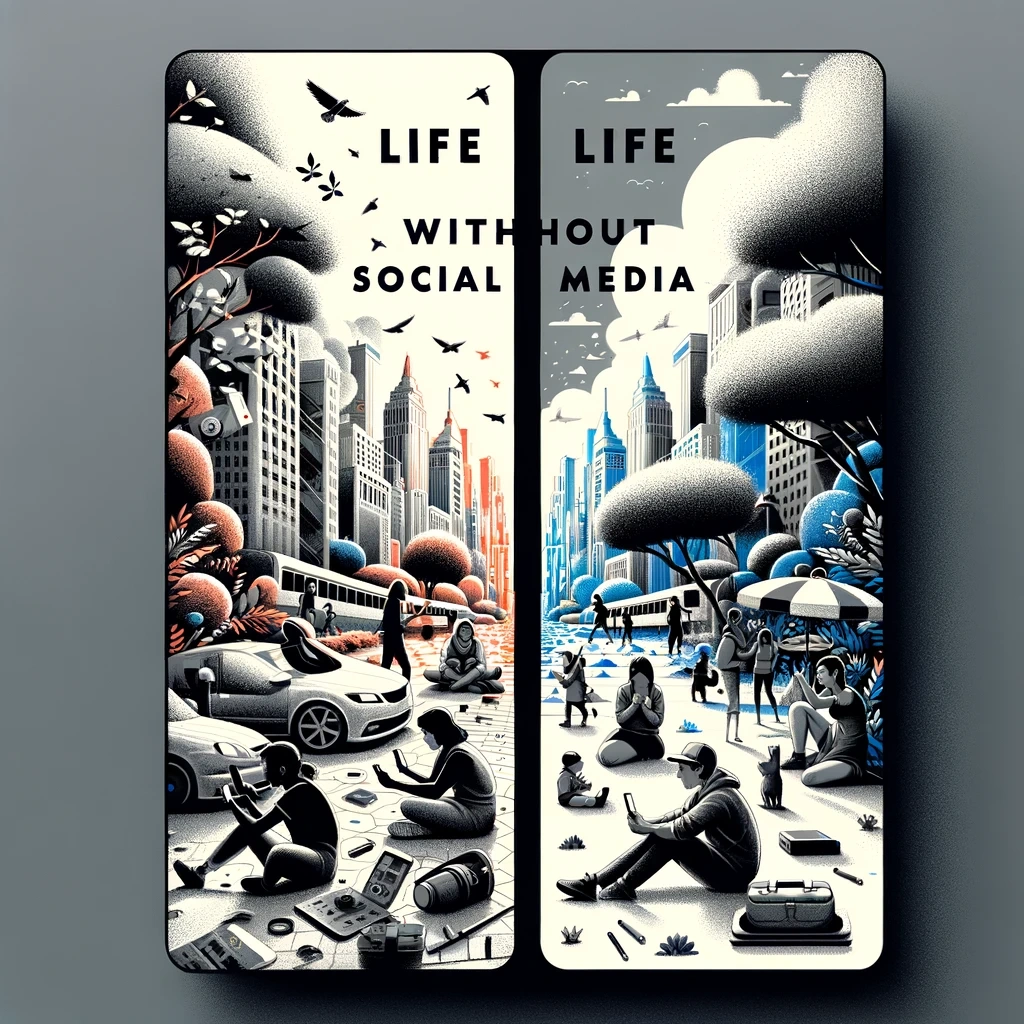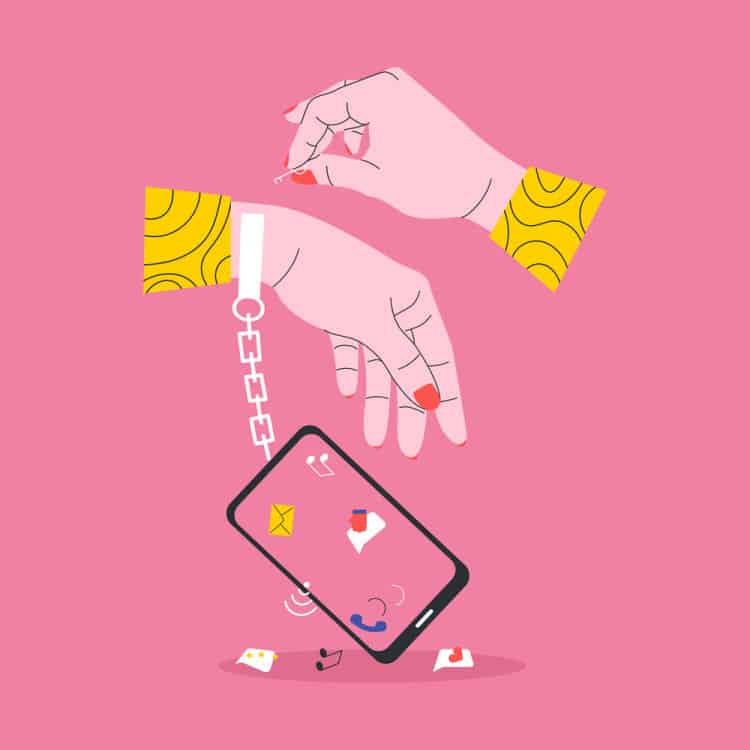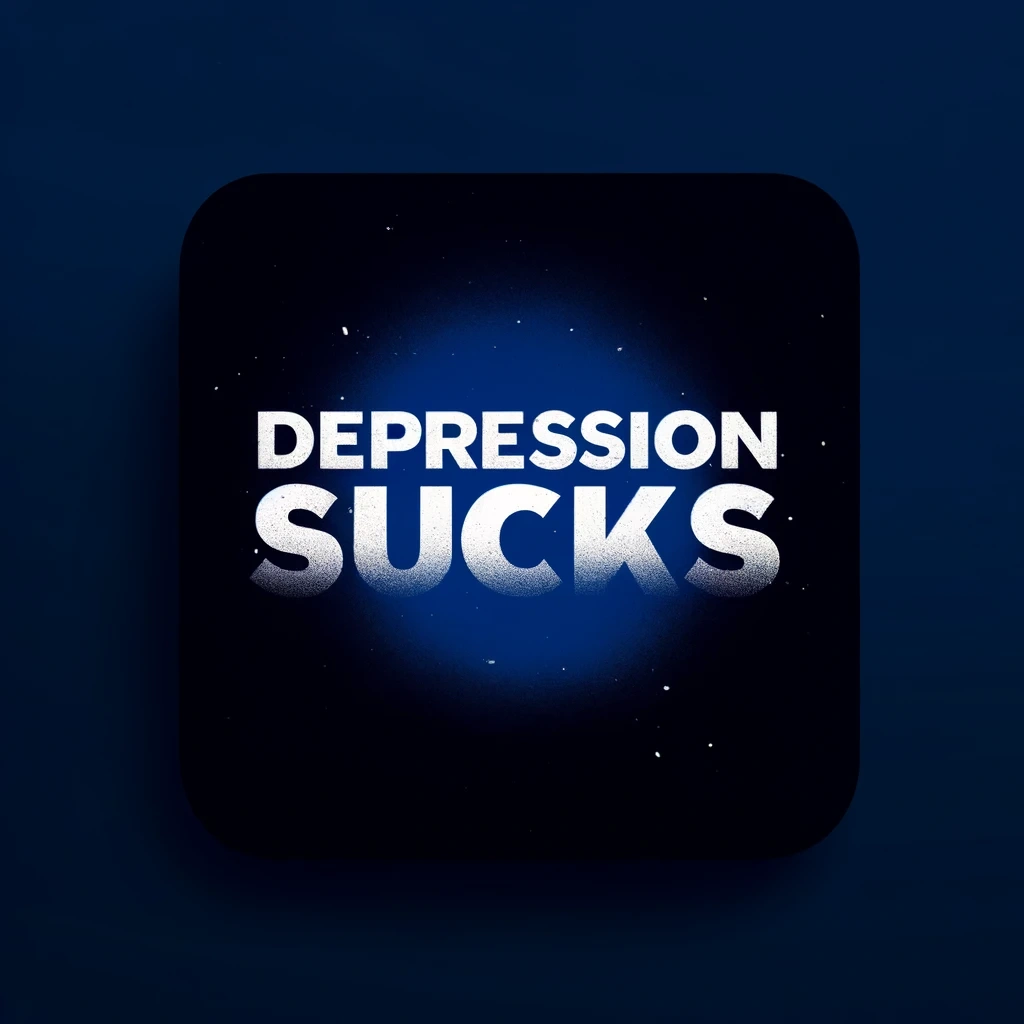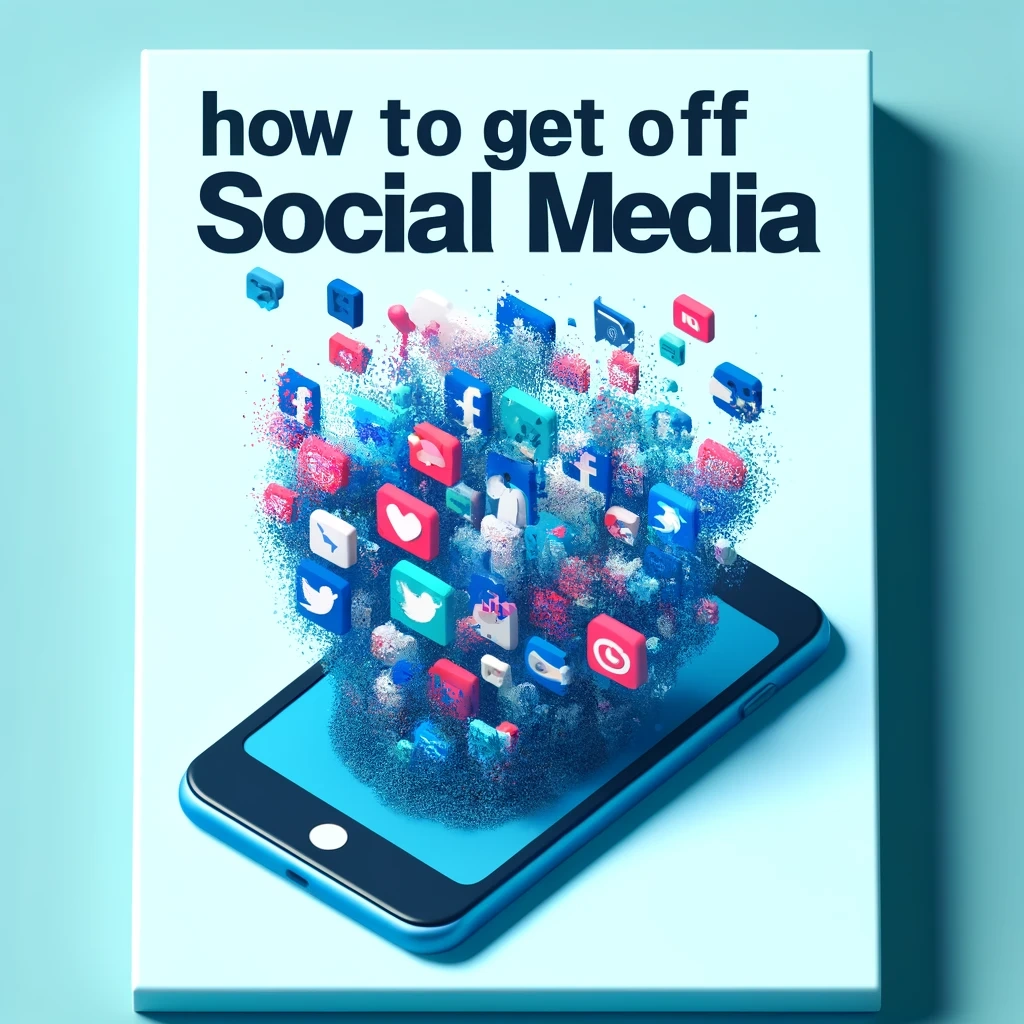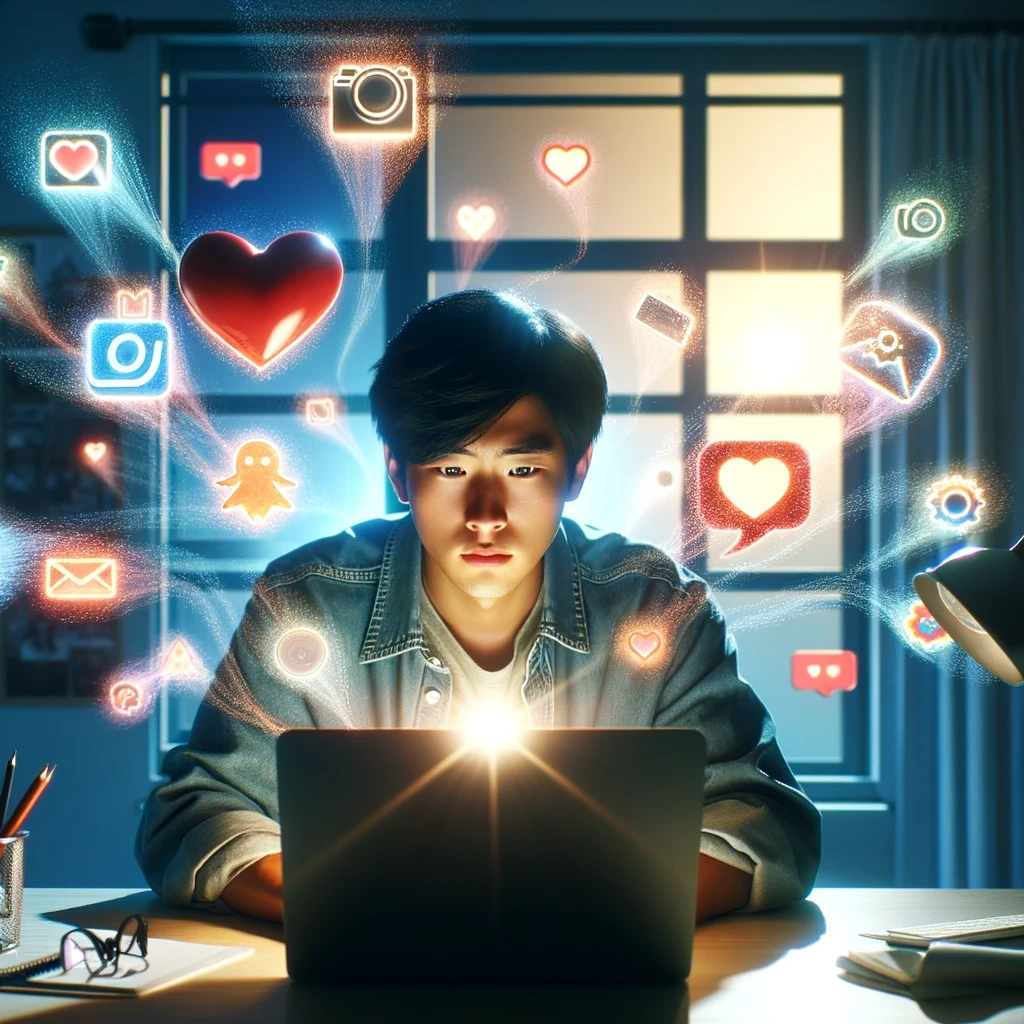The biggest reason some people choose to delete social media is to take care of their minds. It's easy to start comparing yourself to others online, seeing only their happiest moments and feeling like you're not doing as well. This can make you feel sad or not good enough. Saying goodbye to social media can help stop these tough feelings. It’s like giving your mind a break from a race it never signed up for, letting you appreciate yourself and your own life more. Another important reason is to win back your time. Have you ever noticed how minutes turn into hours while scrolling through posts and videos? Before you know it, a whole afternoon is gone. Deleting social media gives you back those hours. You can use this time for things you really love or have been wanting to do. Maybe you’ll pick up a new hobby, read more books, or just rest. Your time is precious—spending it well can make you happier. The third reason is about improving your connections with the world around you. Without social media, you might look up from your phone and have more conversations face to face. You’ll notice small beautiful moments, like the way leaves rustle in the wind or how good a home-cooked meal smells. Life’s little joys become clearer. You might find yourself feeling closer to your family and friends because you’re more present in the moment with them, making memories that feel more real and heartwarming. Hence, the rise of no social media from all around the world to cure For many, the idea of completely severing ties with social media seems as daunting as scaling a mountain without a rope. Instead, they seek a middle path, learning how to stop using social media without deleting it, a method that allows for the benefits of connectivity without the chains of addiction. This approach is akin to enjoying the aroma of that last slice of pizza without the need to consume it – a practice of self-control and mindful consumption. The pull of social media distraction is often relentless, with its endless scrolling, liking, and repeating. It's a loop that ensnares the unwary, a pattern of behavior that feeds on our innate desire for social connection and approval. And yet, within this loop, we find how to quit social media, each a stepping stone towards what many refer to as 'unplugged bliss,' where one reconnects with the self and the tangible world around them. Instagram, with its curated images and stories, often brings to the forefront the quandary: should I delete Instagram? This platform, more than any other, can be a mirror to our aspirations and insecurities, leading some to question whether to continue viewing life through its rose-tinted filters. The struggle is real, as Instagram addiction grips users with the allure of instant visual gratification. But what lies at the heart of this compulsion to stay constantly connected? The roots of what causes social media addiction are complex, intertwining our psychological need for social interaction with the dopamine-driven feedback loops engineered into these platforms. Recognizing these triggers is the first step towards mastering them, enabling us to wield social media as a tool rather than be wielded by it. Choosing the path of digital minimalism is, for many, a declaration of independence from the digital chaos. It’s a lifestyle that espouses clarity and peace, an intentional choice to reduce one’s digital footprint and, in doing so, amplify one’s engagement with life. It’s a statement that one can savor the party without needing to indulge in every slice that passes by – a testament to the power of restraint and the allure of a life lived outside the screen. What if we are in this situation already where we've been affected negatively by social media? What will be our initial response? What is the first step in handling stress or even depression? Sometimes, deleting social media is less about depression and more about liberation. It's like finally cleaning out that junk drawer; it's about disconnecting from social media to reconnect with oneself. In the realm of self-care, deleting social media can act as a salve for the soul. It's an act of reclaiming one's time and mental space, of choosing to nurture the mind with activities that foster growth and contentment. For some, this could mean turning to productivity apps for iPhone to streamline their day, or for those who require a bit more structure, perhaps planners for ADHD could provide the scaffolding for a more organized life. You do not need to delete social media to be able to get ahead in life. Rather, you need to use social media without getting used by installing BeTimeful on your Android or iPhone, you can continue to stay connected without getting distracted by the Newsfeed: ✅ BeTimeful hides all your distracting social media apps from your iPhone or Android 🔒 ✅ You can have timed access to the distracting apps (scroll for 1, 5, 10 or more on your favourite App) 🕝 ✅ Have unlimited access to feedless Instagram and YouTube! ✅ Access DM's without getting distracted 🤝 ✅ Message your friends, prospects, and clients 📩 In the digital age, deleting social media can be akin to choosing to eat a salad in a candy store. It's a choice that often stems from a place of self-care rather than a symptom of depression. While it's important to acknowledge the complex relationship between social media and mental health, the decision to press "delete" can be empowering and, for many, a step towards a healthier, more mindful lifestyle.1. To Save Your Mental Health
2. To Save Your Time
3. To Reconnect
Positive Spin: When Deleting is Healing
Does Social Media Need to Be Deleted For a Better Life? No
BeTimeful makes sure you don't hooked into scrolling for hours. With BeTimeful, you don't need to delete social media apps or use any blocker. Here is how it works:FAQs
Conclusion
References

